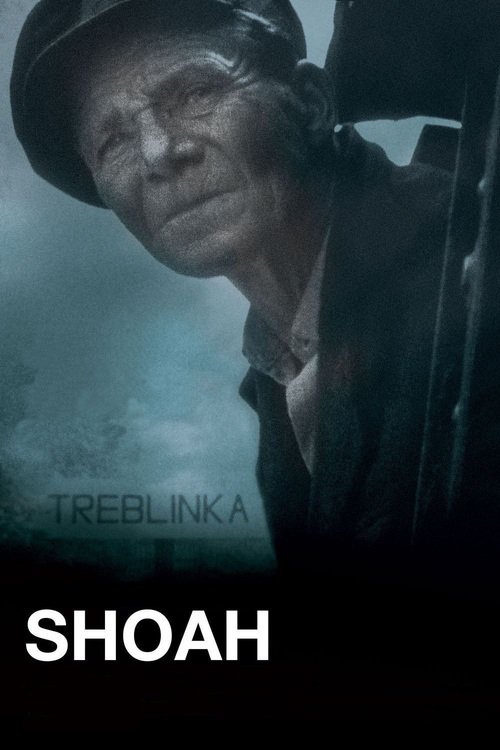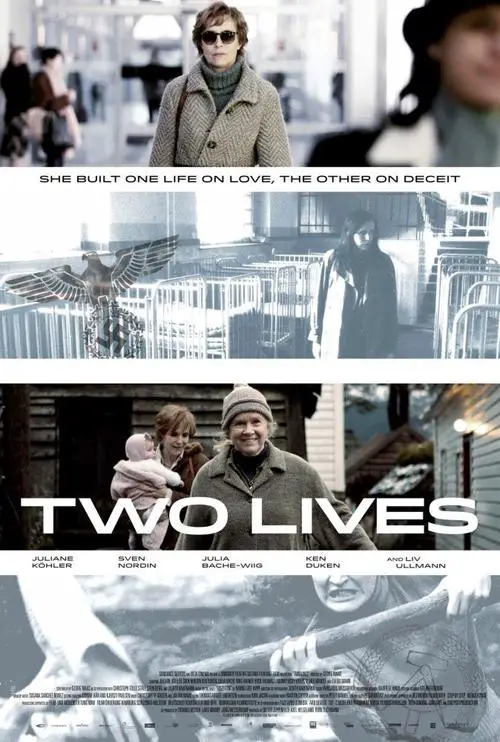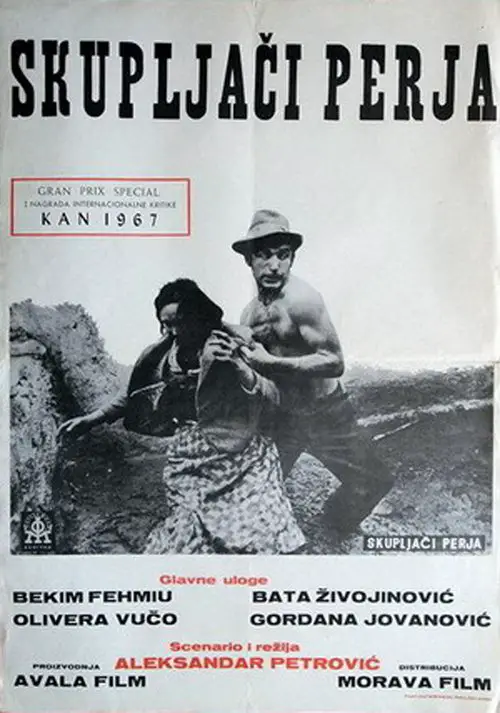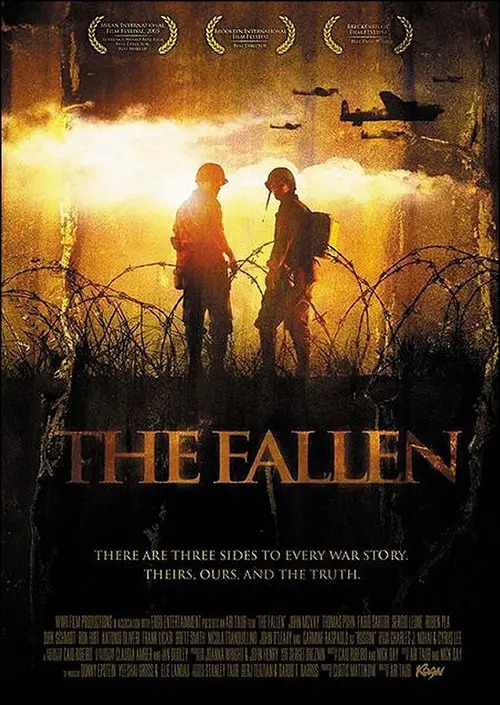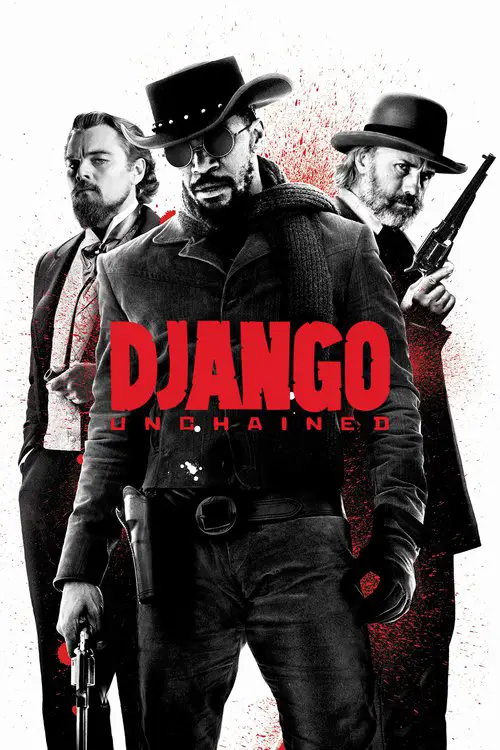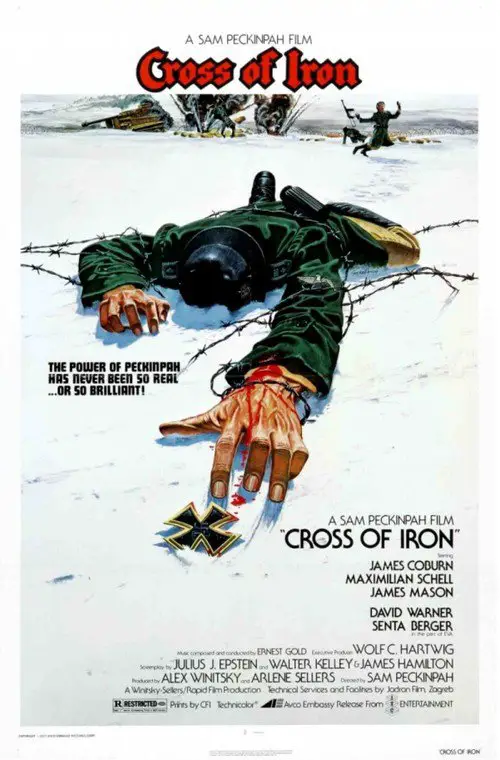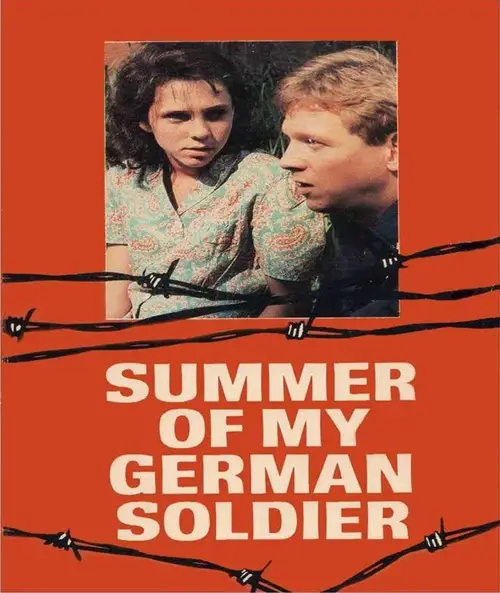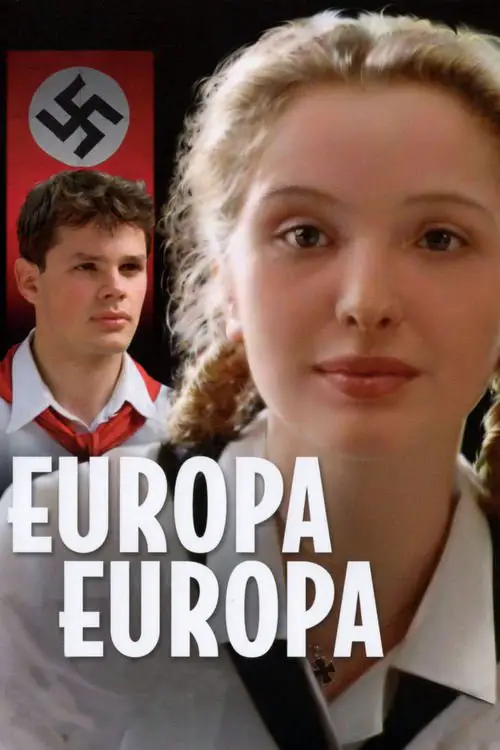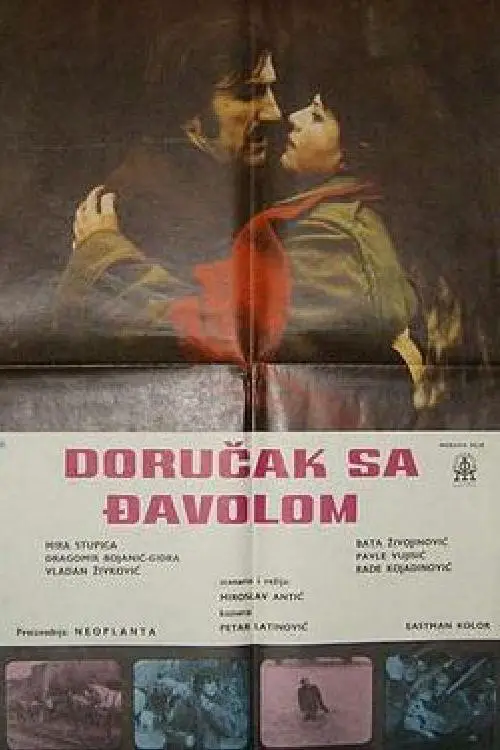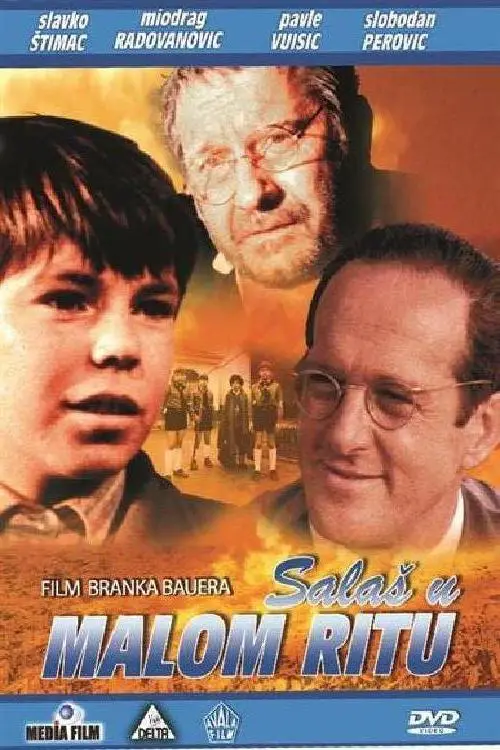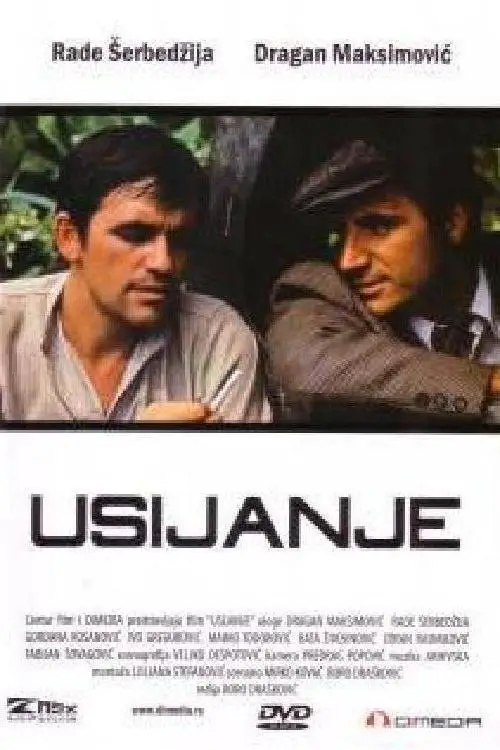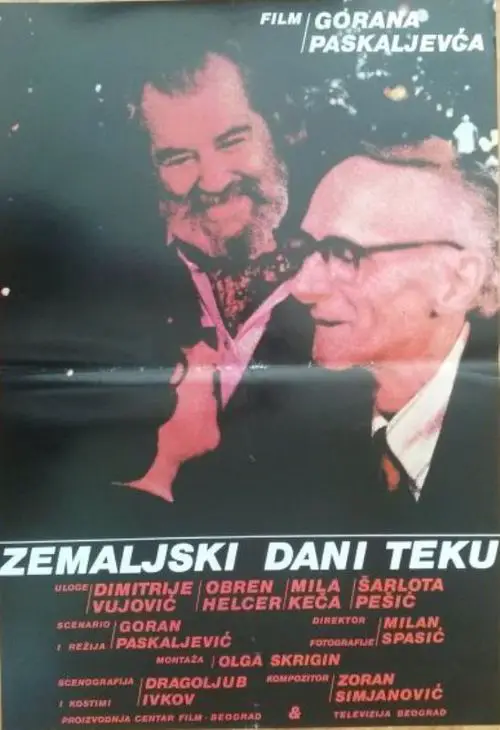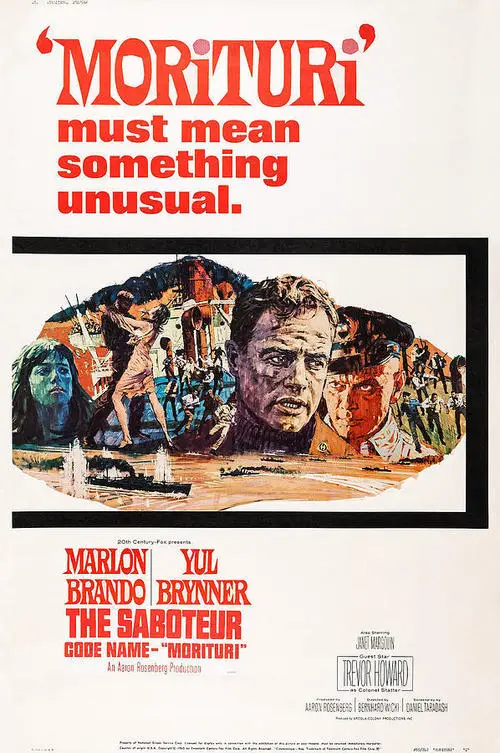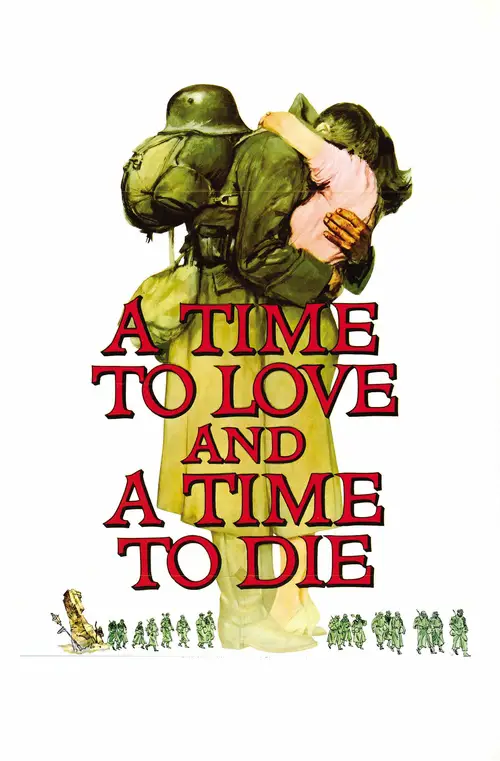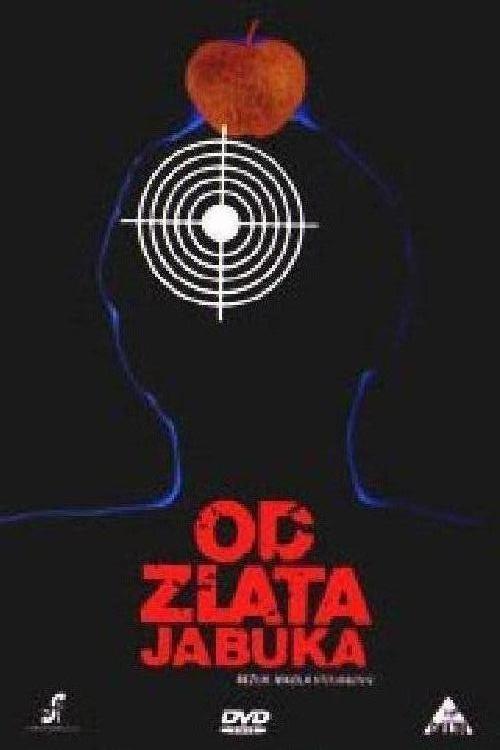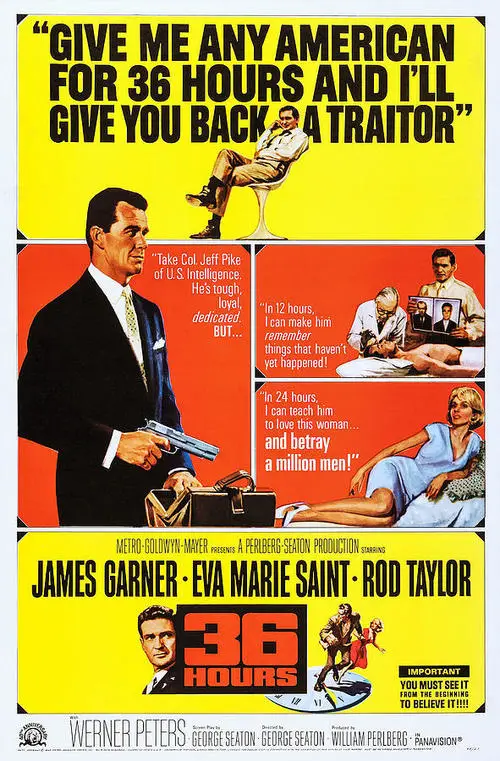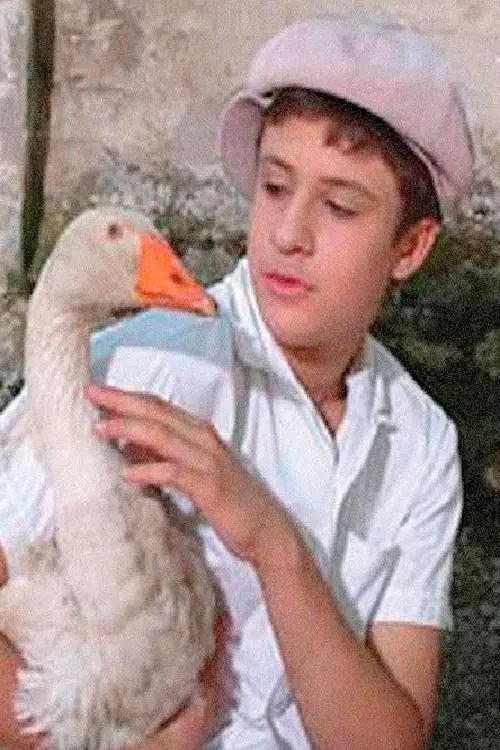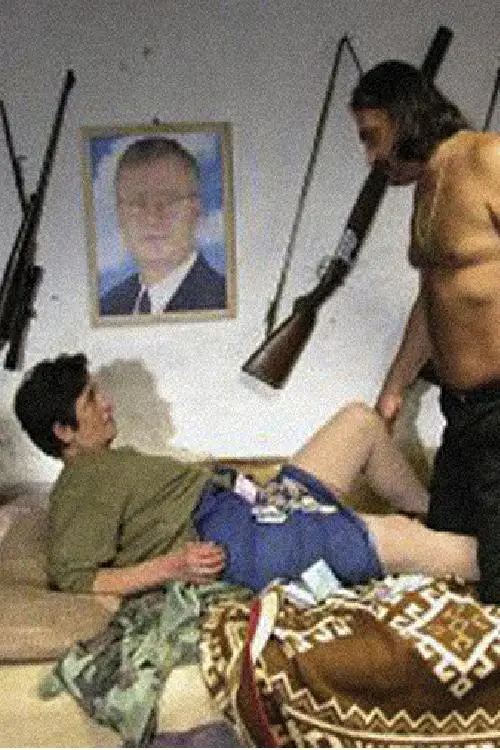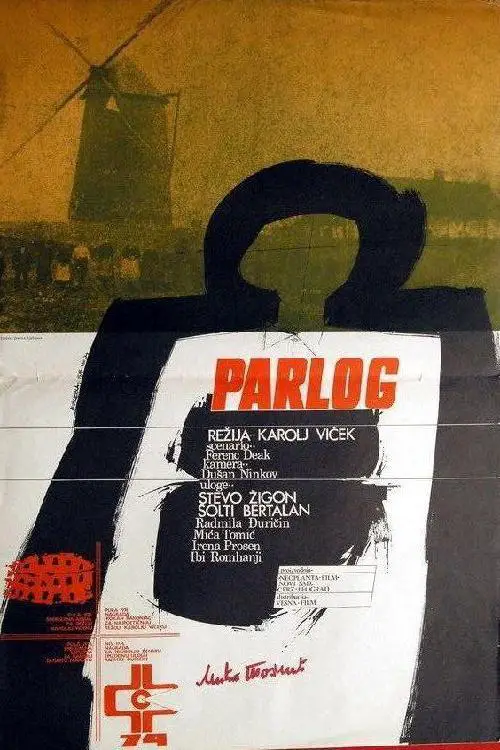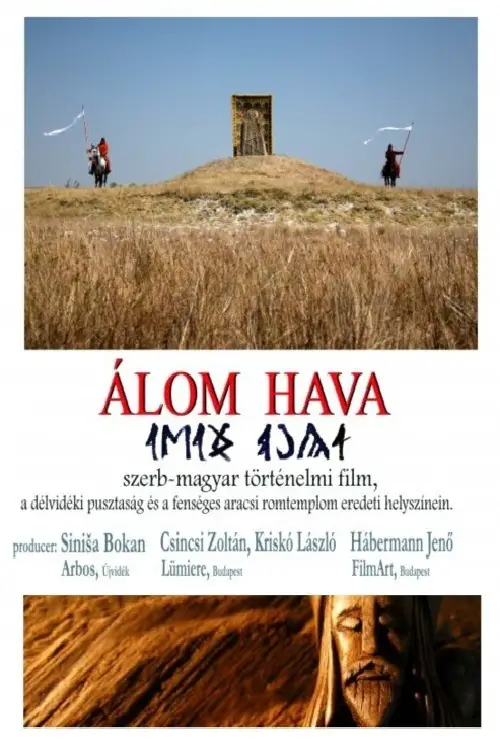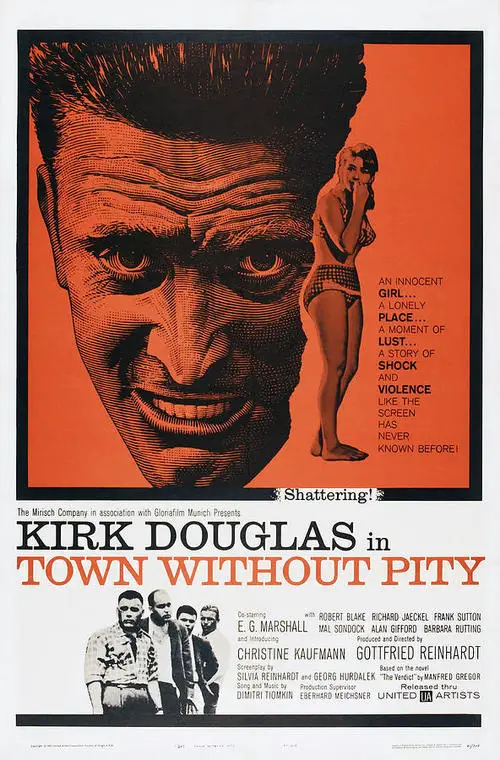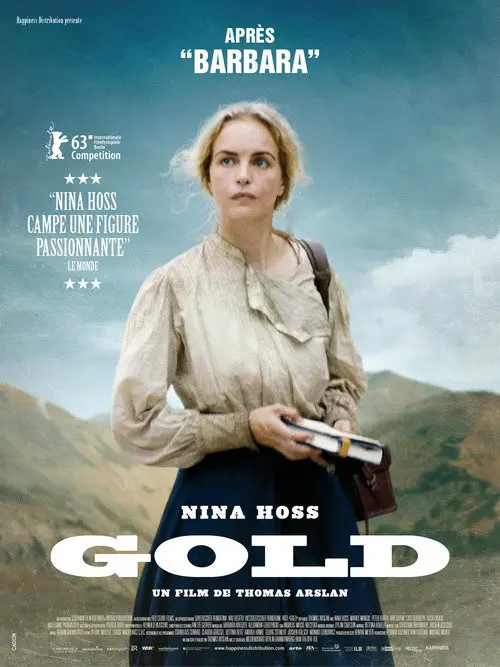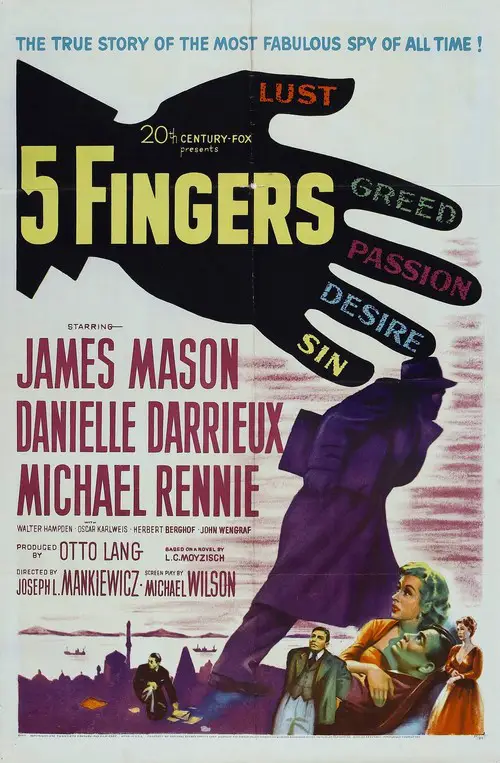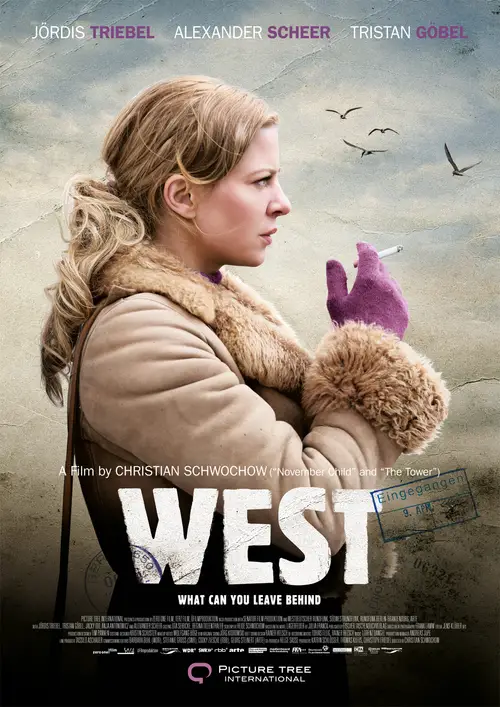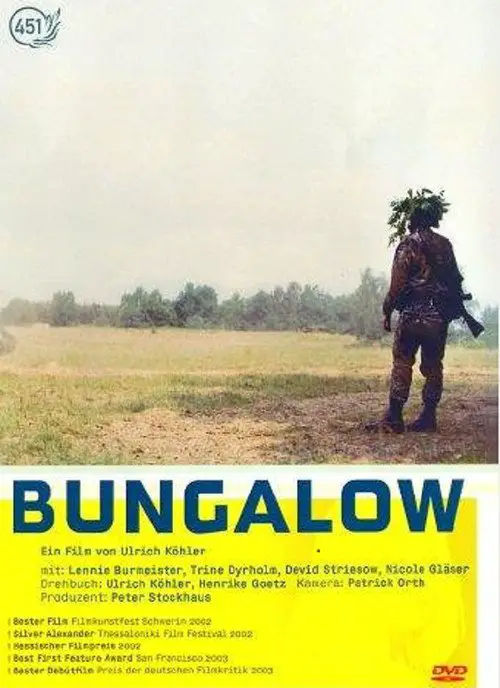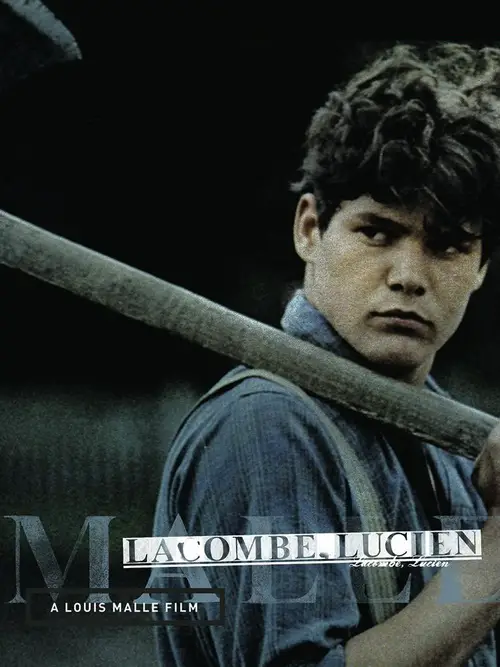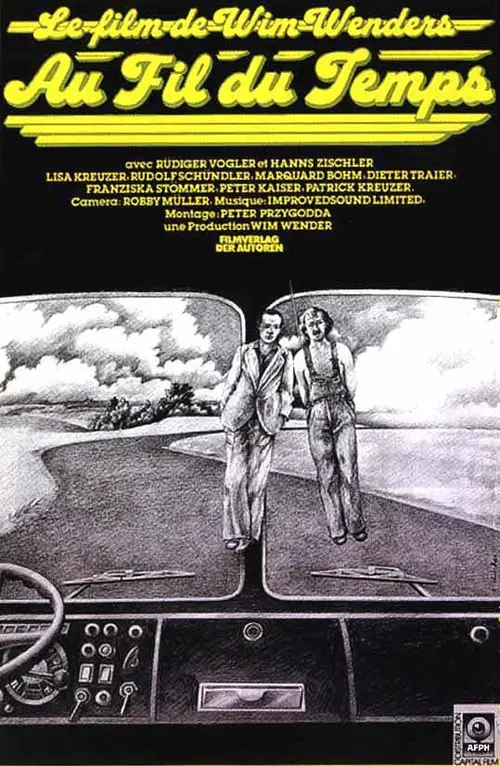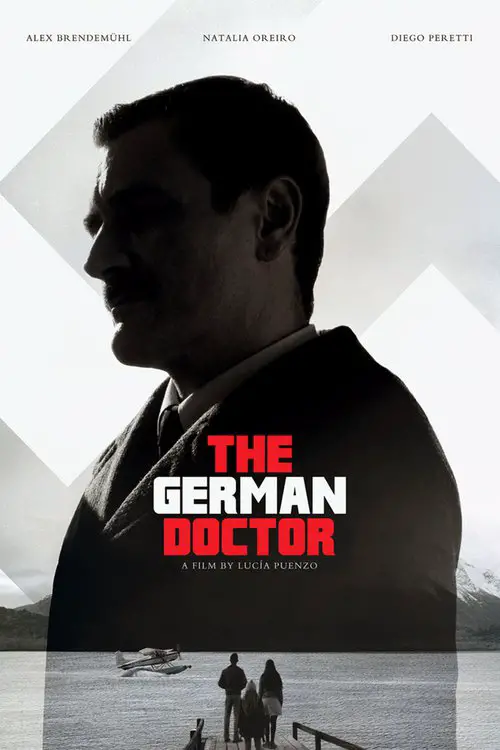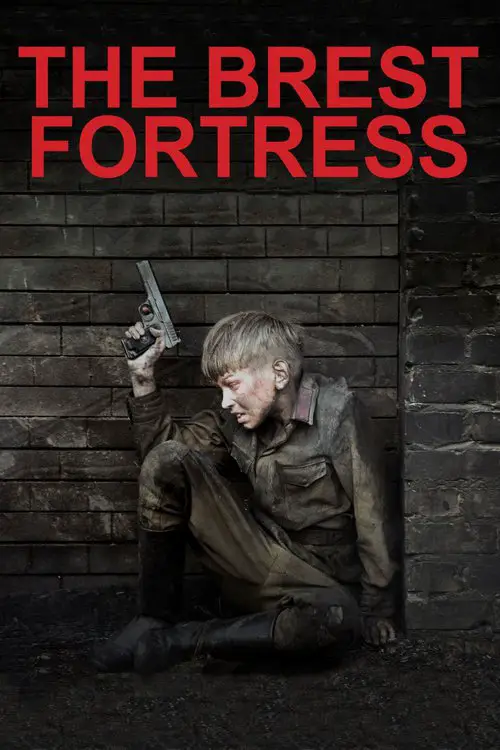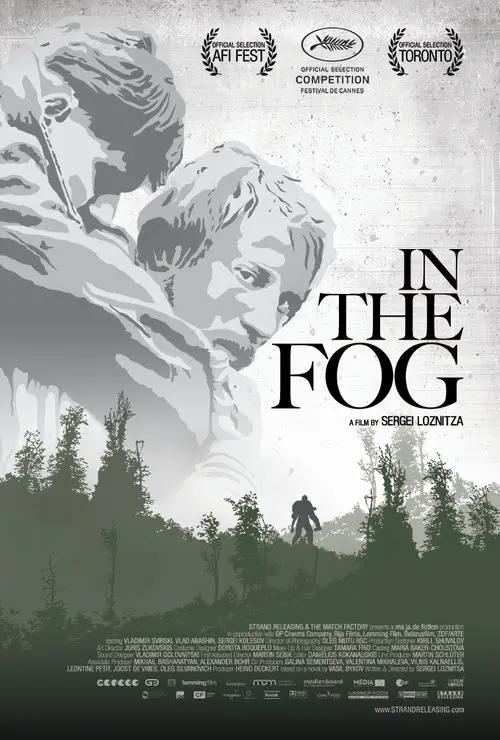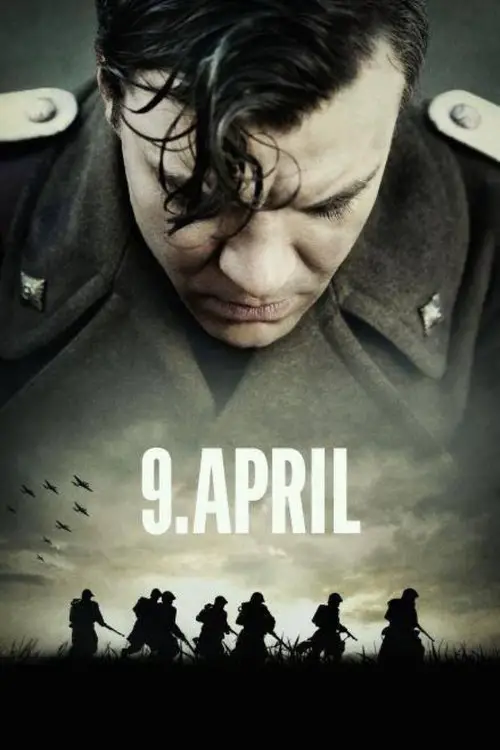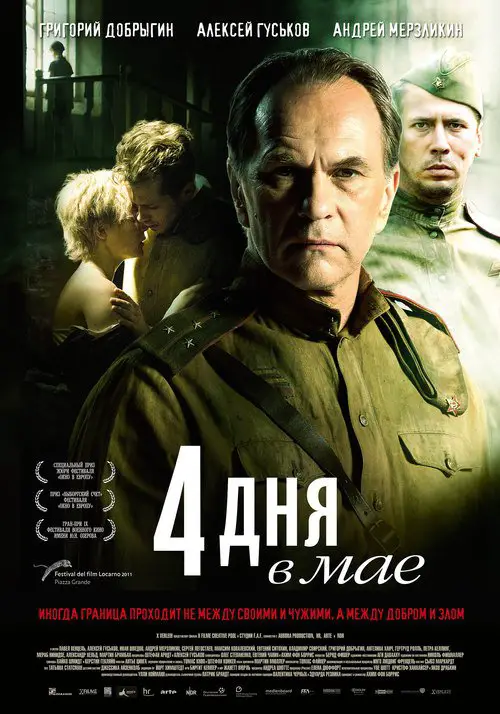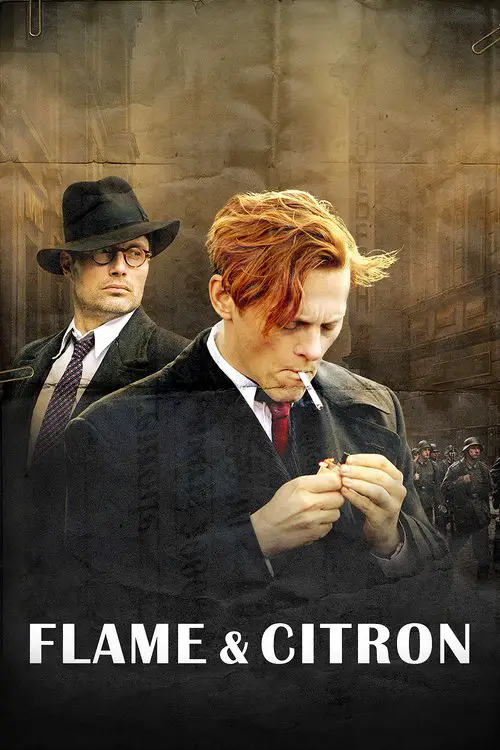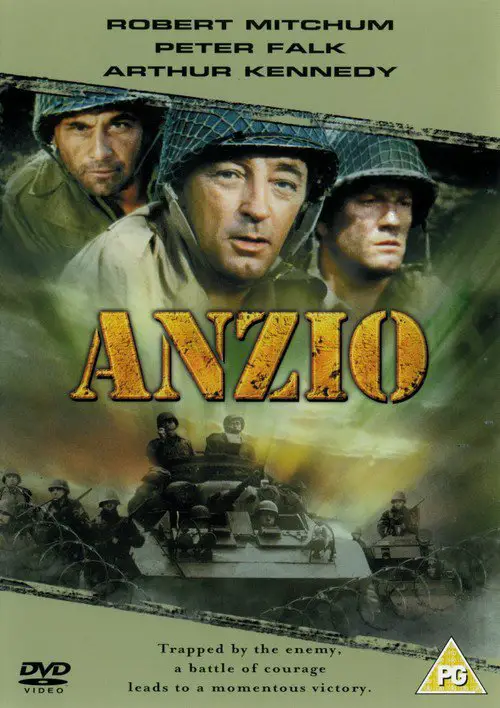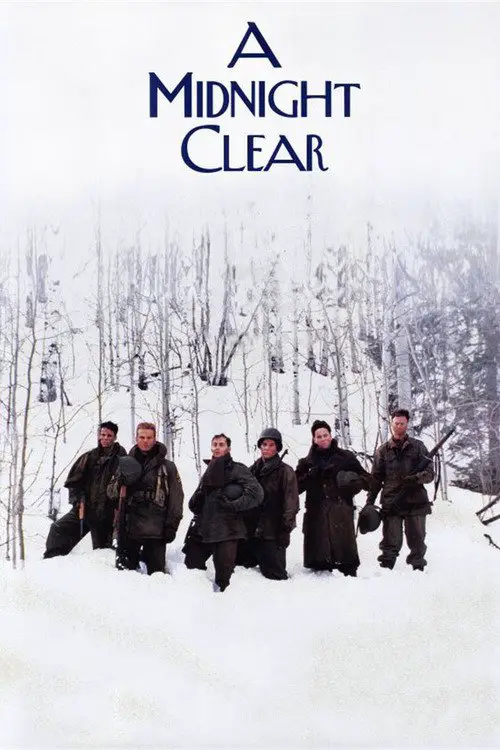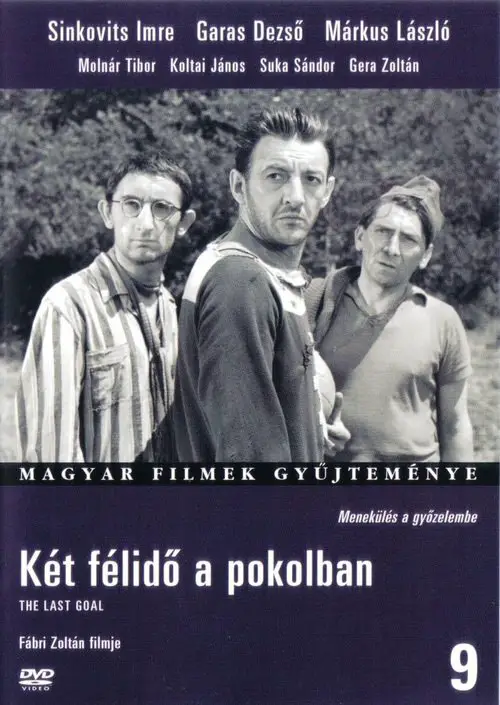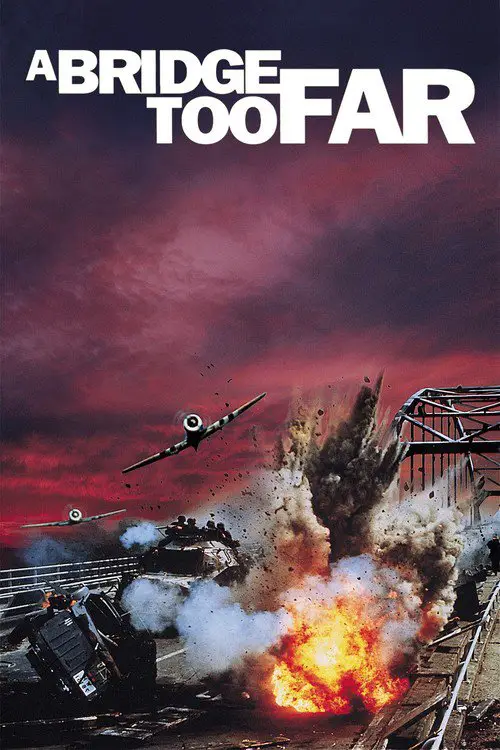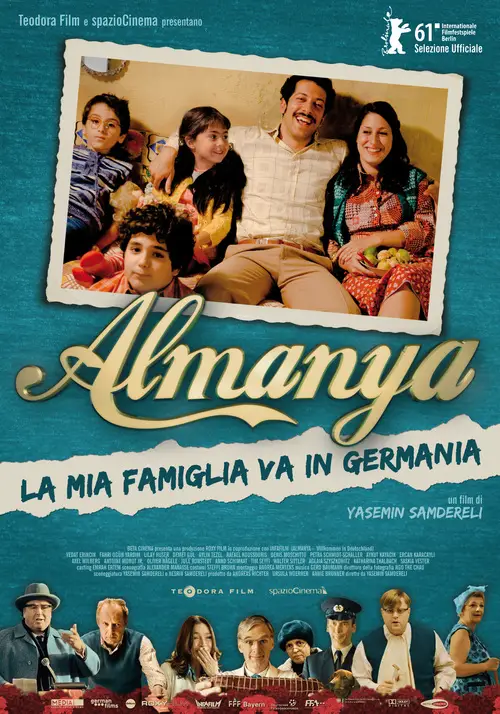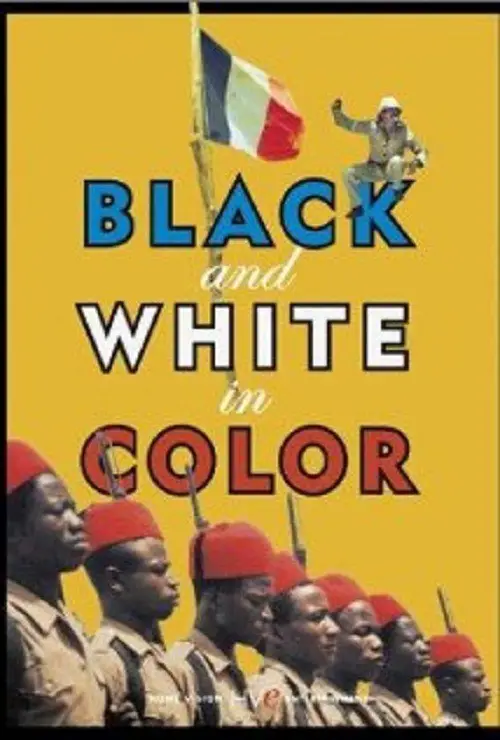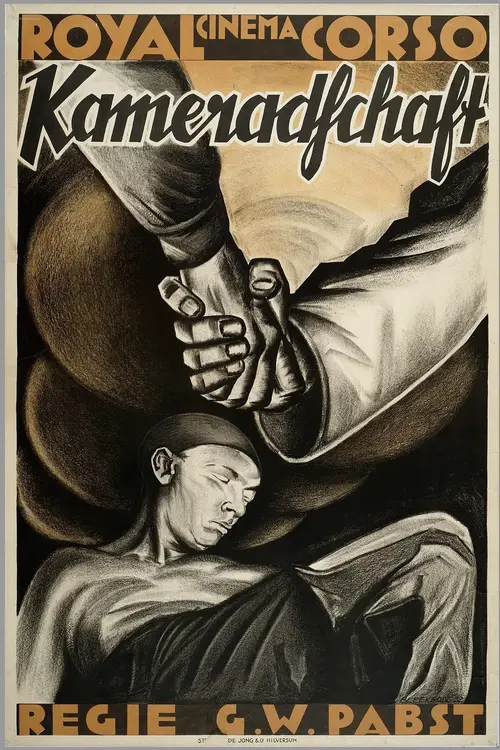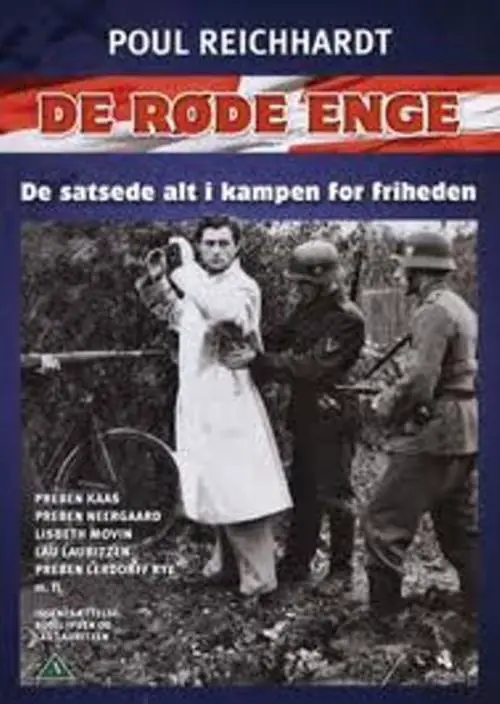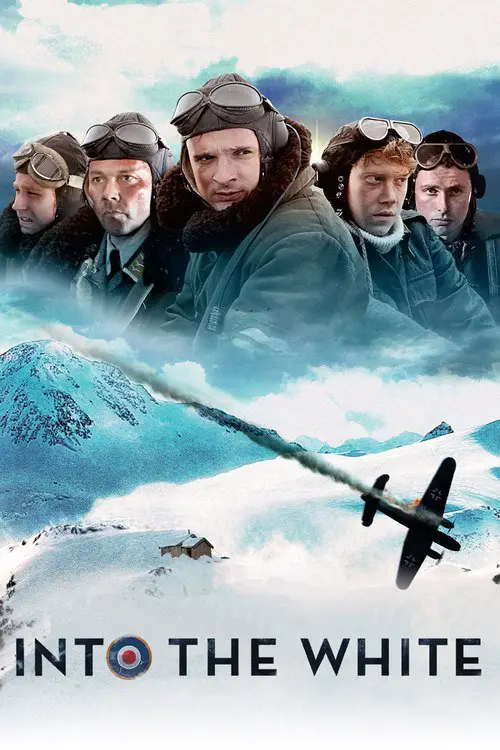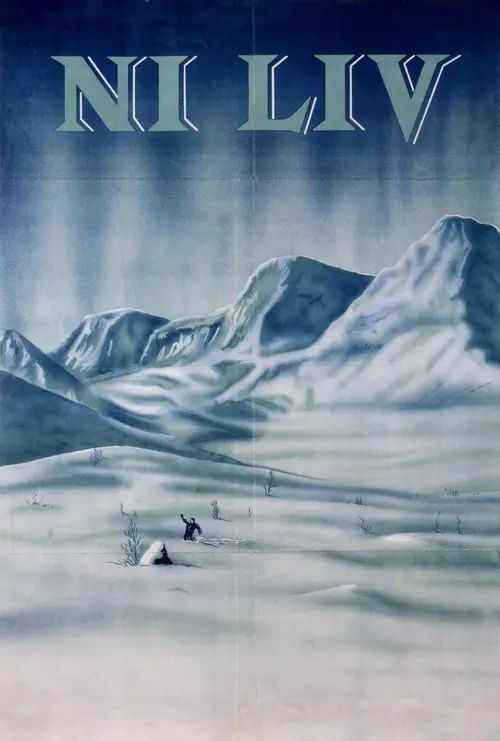Danube Swabians (2011)
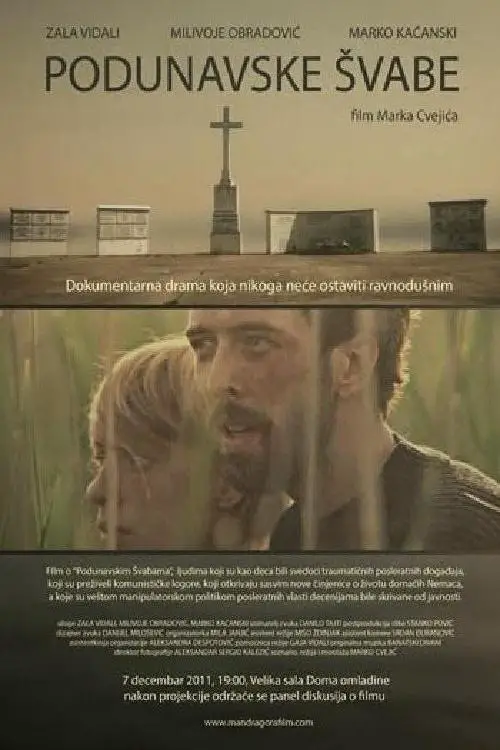
Similar movies
Claude Lanzmann directed this 9 1/2 hour documentary of the Holocaust without using a single frame of archive footage. He interviews survivors, witnesses, and ex-Nazis (whom he had to film secretly since they only agreed to be interviewed by audio). His style of interviewing by asking for the most minute details is effective at adding up these details to give a horrifying portrait of the events of Nazi genocide. He also shows, or rather lets some of his subjects themselves show, that the anti-Semitism that caused 6 million Jews to die in the Holocaust is still alive in well in many people that still live in Germany, Poland, and elsewhere.
An American journalist played by George Clooney arrives in Berlin just after the end of World War Two. He becomes involved in a murder mystery surrounding a dead GI who washes up at a lakeside mansion during the Potsdam negotiations between the Allied powers. Soon his investigation connects with his search for his married pre-war German lover played by Cate Blanchett.
Europe 1990, the Berlin wall has just crumbled: Katrine, raised in East Germany, but now living in Norway for the last 20 years, is a âwar childâ; the result of a love relationship between a Norwegian woman and a German occupation soldier during World War II. She enjoys a happy family life with her mother, her husband, daughter and granddaughter. But when a lawyer asks her and her mother to witness in a trial against the Norwegian state on behalf of the war children, she resists. Gradually, a web of concealments and secrets is unveiled, until Katrine is finally stripped of everything, and her loved ones are forced to take a stand: What carries more weight, the life they have lived together, or the lie it is based on?
I Even Met Happy Gypsies is a 1967 Yugoslav, original Serbian title is SkupljaÄi perja, which means The Feather Gatherers. The protagonist, Bora, is a charming but mean-spirited gypsy, while his older wife, Lence, is submissive. Bora is in love with the younger Tisa, who is being offered in marriage by her father. The two get themselves in trouble and eventually have to flee. Tisa rejects her husband and she and Bora get married in the church, and their adventures continue. At the 1967 Cannes Film Festival it was nominated for the Palme d'Or and won the Special Grand Prize of the Jury and the FIPRESCI Prize. The film was nominated for the 1968 Academy Award for Best Foreign Language Film and for the Golden Globe Award for Best Foreign Language Film. Bekim Fehmiu also won a Golden Arena award for Best Actor at the 1966 Pula Film Festival for his portrayal of Bora.
THE FALLEN is a three-sided story about German, Italian, and American soldiers, set in Northern Italy during the final weeks of the World War II. On the one side, a group of American supply soldiers delivers ammunition to the front line, a journey that becomes a descent into hell, the success of the mission becomes less likely with every setback. On the other, a doomed German unit and their ragtag Italian partners struggle to maintain morale and discipline amongst their beleaguered troops in the face of certain defeat. Torn between these are the divided loyalties of the Italians, both fascist soldiers and communist partisans, who have turned brother against brother in a bloody civil war. The film looks at the everyday life of the soldiers, their encounters on the road, their hopes and dreams, and the differences in values, morals, and patriotism between the cultures at the end of that era.
Patty Bergen is a teenager in a Jewish family living in the American South during World War II. Patty feels like an outcast even in her own family and is unable to understand why her father can't seem to love her. Her town eventually becomes host to a prisoner of war camp. A young german soldier escapes from this camp, and Patty finds him hiding in her secret places in the woods outside of town. After getting to know him she ends up harboring him from his captors, and, in the way of many adolescents, falls in love with him. Patty knows what she is risking to help him, but in his company she feels important, special, and respected as she has never been. In the end, his regard lifts her self-esteem and helps her to face the heartbreaking events to come.
It's a dreary Christmas 1944 for the American POWs in Stalag 17. For the men in Barracks 4, all sergeants, have to deal with a grave problem - there seems to be a security leak. The Germans always seem to be forewarned about escapes and in the most recent attempt the two men, Manfredi and Johnson, walked straight into a trap and were killed. For some in Barracks 4, especially the loud-mouthed Duke, the leaker is obvious: J.J. Sefton, a wheeler-dealer who doesn't hesitate to trade with the guards and who has acquired goods and privileges that no other prisoner seems to have. Sefton denies giving the Germans any information and makes it quite clear that he has no intention of ever trying to escape. He plans to ride out the war in what little comfort he can arrange, but it doesn't extend to spying for the Germans.
The movie deals with the championship-winning German soccer team of 1954. Its story is linked with two others: The family of a young boy is split due to the events in World War II, and the father returns from Russia after eleven years. The second story is about a reporter and his wife reporting from the tournament.
War arrives to a small secluded village in Vojvodina. The Germans take a group of hostages through the village and on their way molest a small boy. As revenge the boy sets the German corn on fire. An intelligent and shrewd Gestapo officer Sicer arrives to investigate. He does not even suspect that he is up against a group of small boys, led by Milan and Vaso, and orders that all men from the village be taken to custody. He announces that one man will be shot each day unless the real culprit steps forward. Children contact the partisans.
A profoundly empathetic, unpretentious and droll account of a how a swarthy, Hemingway-like sailor upends the droning routines of a nursing home when he checks himself in. Though his subtle interactions with the other residents â including his cantankerous roommate who obviously harbours resentment towards his family for putting him out to seed â the sailor gently whisks up an atmosphere of hope and happiness and allows the movie to deliver itâs beautifully simple message: that life should be savoured until the bitter end.
A German living in India during World War II is blackmailed by the English to impersonate an SS officer on board a cargo ship leaving Japan for Germany carrying a large supply of rubber for tyres. His mission is to disable the scuttling charges so the captain cannot sink the ship if they are stopped by English warships.
In the first year of freedom after WW2, a poor family from rocky Herzegovina moves to fertile province of Vojvodina hoping for a better life. However, there they face different type of troubles following the Tito's break-up with Stalin in 1948. Destinies of individual members of this family are about to have a tragic epilogue.
The story of the film is set in the period from the 1940s until today in the Pannonian plain (the plain in the Central Europe), in an area of elusive boundaries, mysterious and unstable spiritual identity. The witness of the time is a Jewish boy Benya Cohn who, with his eye wide open, remembers the tragedy of his family, in the shadow of the Holocaust, concentration camps and new wars.
In 1944 Poland, a Jewish shop keeper named Jakob is summoned to ghetto headquarters after being caught out after curfew. While waiting for the German Kommondant, Jakob overhears a German radio broadcast about Russian troop movements. Returned to the ghetto, the shopkeeper shares his information with a friend and then rumors fly that there is a secret radio within the ghetto.
The screenplay was written immediately after the bombing of Novi Sad, 1999, but it was only a motive to speak up about the people that were humiliated for more than ten years in various ways, and that way became the victims of wrong politics, not only Milosevic's, but Western as well. The title of the movie was born there. In the second book of Moses it is written: " An altar of earth you shall make for me and sacrifice on it your burnt offerings and your peace offerings." The people who suffered most in the wars on this territory are the ones that had no influence of what so ever on the development of situation on the Balkan. But, at the same time. there was ambitious youth, that the sense of their life in these stormy time. The film is about them and that is why it sounds optimistic. Film is about the fact that we will always have the energy to survive senseless time and live normally after that.
It is 1680 â the time of dreamt snow after the Turkish invasion. In the deserted plains of Bácska a living soul cannot be found in a few-daysâ walk. Three former prisoners returning from their Turkish captivity â Long-Legged, Lame and One-Eyed â appear among the crumbling walls of a huge abandoned church without a roof. They are looking for their long lost home. How to revive a disappeared civilization? What is the survivorsâ personal duty? Without a roof, a collapse is inevitable. The Old Man â a master of ancient knowledge â and his daughter come and with sharing sowing seeds they try to save the community of dispersion. No spiritual leader, no aims. Driven by rapacity, One-Eyed kills the Old Man, rapes his daughter and while looking for the remaining seeds he kills Long-Legged with a sudden anger. At the end of the film, the survivors need to face with dramatic encounters and special temptations. Their redemption under the leadership of Lameâs young son is the pledge for the future.
The German soldier Clemens Forel - determined to be reunited with his beloved family - makes a dramatic escape through bitter cold winters, desolate landscapes, and life threatening ventures from a Siberian labor camp after World War II. 8000 miles and three endless years of uncertainty later, he is finally about to reach his destination...An edge of your seat drama that celebrates the power of the human spirit and the force of will, while inspired and impowered by love.
Canada, the summer of 1898. A group of German settlers travel towards the far north in covered wagons with packhorses and their few possessions in tow. The seven travellers set off from Ashcroft, the final railway station. Along with their leader, flamboyant businessman Wilhelm Laser, they are hoping to find their fortune in the recently discovered goldfields of Dawson, but they have no idea of the stresses and dangers which lie ahead on their 2,500 kilometre journey. Before long uncertainty, cold weather and exhaustion begin to take their toll and conflicts escalate. The journey leads these men and women deeper and deeper into a menacing wilderness. (Berlinale.de)
East Germany. Summer, late 70's. Three years after her boyfriend Wassilij's apparent death, Nelly Senff decides to escape from behind the Berlin wall with her son Alexej, leaving her traumatic memories and past behind. Pretending to marry a West German, she crosses the border to start a new life in the West. But soon her past starts to haunt her as the Allied Secret Service begin to question Wassilij's mysterious disappearance. Is he still alive? Was he a spy? Plagued by her past and fraught with paranoia, Nelly is forced to choose between discovering the truth about her former lover and her hopes for a better tomorrow.
Based on the true story of Benjamin Prufer and Sreykeo Solvan. The unexpected and uncertain love story of Sreykeo, a 21 year old bar girl in Phnom Penh and Ben, a young German student traveling to Cambodia on a post graduation summer trip. When Ben returns home to Germany he discovers that Sreyko is sick and he takes on the responsibility to save her. On the way he discovers a world where not everyone is dealt the same cards and where motivations are not always pure.
In 1944 Lucien Lacombe, a young peasant in the Lot region is refused permission to join the French Resistance. Instead, the opposing "French Gestapo" obtain from him information about an underground leader and recruit him into their organization.Lucien enjoys his power and inclusion as a member of the German Police (Milice française) but soon falls in love with a Jewish girl. Forcing himself upon her family, Lucien becomes personally involved with the very people some of his collaborators and superiors are, in part, employed to oppress.
Itinerant projection-equipment repairman Bruno Winter (Rüdiger Vogler) and depressed hitchhiker Robert Lander (Hanns Zischler)--a doctor who has just been through a break-up with his wife and a half-hearted suicide attempt--travel along the Western side of the East-German border in a repair truck, visiting worn-out movie theaters, learning to communicate across their differences. The film features stunning black-and-white cinematography from Robbie Muller and a pensive score from Improved Sound Limited.
Patagonia, 1960. A German physician meets an Argentinean family and follows them on the long desert road to Bariloche where Eva, Enzo and their three children are going to open a lodging house by the Nahuel Huapi lake. This model family reawakens his obsession with purity and perfection, in particular Lilith, a 12 year-old with a body too small for her age. Unaware of his true identity, they accept him as their first guest. They are all gradually won over by this charismatic man, by his elegant manners, his scientific knowledge and his money â until they discover they are living with one of the biggest criminals of all times.
In September 1942, the German Afrika Korps under Rommel have successfully pushed the Allies back into Egypt. A counter-attack is planned, for which the fuel dumps at Tobruk are a critical impediment. In order to aid the attack, a group of British commandos and German Jews make their way undercover through 800 miles of desert, to destroy the fuel dumps starving the Germans of fuel.
In the early morning of April 9th 1940 the Danish army is alerted. The Germans have crossed the border; Denmark is at war against Europe's strongest army. In Southern Jutland Danish bicycle- and motorcycle companies are ordered out, to against all odds, hold back the forces until the Danish reinforcements can be mobilized. In the fatal hours, we follow second lieutenant Sand and his bicycle company - they will as the first Danish soldiers meet the enemy in combat on April 9th 1940.
A Jewish ghetto in the east of Europe, 1944. By coincidence, Jakob Heym eavesdrops on a German radio broadcast announcing the Soviet Army is making slow by steady progress towards central Europe. In order to keep his companion in misfortune, Mischa, from risking his life for a few potatoes, he tells him what he heard and announces that he is in possession of a radio - in the ghetto a crime punishable by death. It doesn't take long for word of Jakob's secret to spread - suddenly, there is new hope and something to live for - and so Jakob finds himself in the uncomforting position of having to come up with more and more stories.
During Nazi occupation, red-headed Bent Faurschou-Hviid ("Flame") and Jørgen Haagen Schmith ("Citron"), assassins in the Danish resistance, take orders from Winther, who's in direct contact with Allied leaders. One shoots, the other drives. Until 1944, they kill only Danes; then Winther gives orders to kill Germans. When a target tells Bent that Winther's using them to settle private scores, doubt sets in, complicated by Bent's relationship with the mysterious Kitty Selmer, who may be a double agent. Also, someone in their circle is a traitor. Can Bent and Jørgen kill an über-target, evade capture, and survive the war? And is this heroism, naiveté, or mere hatred?
Allied forces land at Anzio unopposed but instead of moving straight inland their commanding officer decides to dig in. A battle-hardened war correspondent borrows a jeep and drives to Rome and back without meeting any German forces, but his report on this absence of the enemy is discounted. By the time it is finally decided to make a move the Germans have arrived in strength and a prolonged ...
The invasion of a village in Byelorussia by German forces sends young Florya (Alexei Kravchenko) into the forest to join the weary Resistance fighters, against his family's wishes. There he meets a girl, Glasha (Olga Mironova), who accompanies him back to his village. On returning home, Florya finds his family and fellow peasants massacred. His continued survival amidst the brutal debris of war becomes increasingly nightmarish, a battle between despair and hope.
Set in 1944 France, an American Intelligence Squad locates a German Platoon wishing to surrender rather than die in Germany's final war offensive. The two groups of men, isolated from the war at present, put aside their differences and spend Christmas together before the surrender plan turns bad and both sides are forced to fight the other.
On Hitlers birthday, the Germans decide to organize a soccer match between prisoners of war and Germans. They assign the task of organizing the team to a well known Olympics football player who demands for his team food and a chance to train. Although the organizer believes that soccer is sacred and does his best to train the team, he is tempted to escape along with the others, when they find an opportunity. They get caught, but the game takes place anyway. They play, hoping that they might get pardoned and not get executed in the end. However, they play too well and the enraged Germans execute them before the game ends.
Tells the story of operation Market Garden. A failed attempt by the allies in the latter stages of WWII to end the war quickly by securing three bridges in Holland allowing access over the Rhine into Germany. A combination of poor allied intelligence and the presence of two crack German panzer divisions meant that the final part of this operation (the bridge in Arnhem over the Rhine) was doomed to failure.
After living 45 years in Germany, the Turkish Hüseyin Yilmaz, seventy, announces to his family that he has bought a house in Turkey and they should return to make the necessary reforms. The idea is unwelcome and causes very heated discussions. In addition, Canan, a granddaughter of Hüseyin, announces she is pregnant and the father is her English boyfriend, and no one knew anything. To comfort his cousin Cenk, a child of six years, which was humiliated at school and labeled as "foreign", Canan tells a fantastic story about how they left Turkey and went to Germany.
French colonists in Africa, several months behind in the news, find themselves at war with their German neighbors. Deciding that they must do their proper duty and fight the Germans, they promptly conscript the local native population. Issuing them boots and rifles, the French attempt to make "proper" soldiers out of the Africans. A young, idealistic French geographer seems to be the only rational person in the town, and he takes over control of the "war" after several bungles on the part of the others.
Into the White is an anti-war movie. High above the harsh Norwegian wilderness, English and German pilots shoot each other to the ground after a violent chance encounter. Isolated, they must fight to survive the brutal winter. Though war has made them enemies, antagonism is hard to maintain as days go by. Through mutual need, unlikely friendships bloom. Somehow, they become comrades. War, after all, is absurd.
In a small town still occupied by the Germans as World War II's tide is turning toward the Allies, apprentice train-watcher Milos is oblivious to the war. Instead, he is obsessed with having his first sexual experience. Despite the favors of train conductor Masa, Milos has no luck. His quest leads him to a female Resistance fighter who, in passing, recruits him to the cause. As Milos finally finds love, danger draws closer.
Fact-based World War II story set on Christmas Eve, 1944, finds a German Mother and her son seeking refuge in a cabin on the war front. When she is invaded by three American soldiers and then three German soldiers, she successfully convinces the soldiers to put aside their differences for one evening and share a Christmas dinner.
© Valossa 2015–2026
| Privacy Policy
